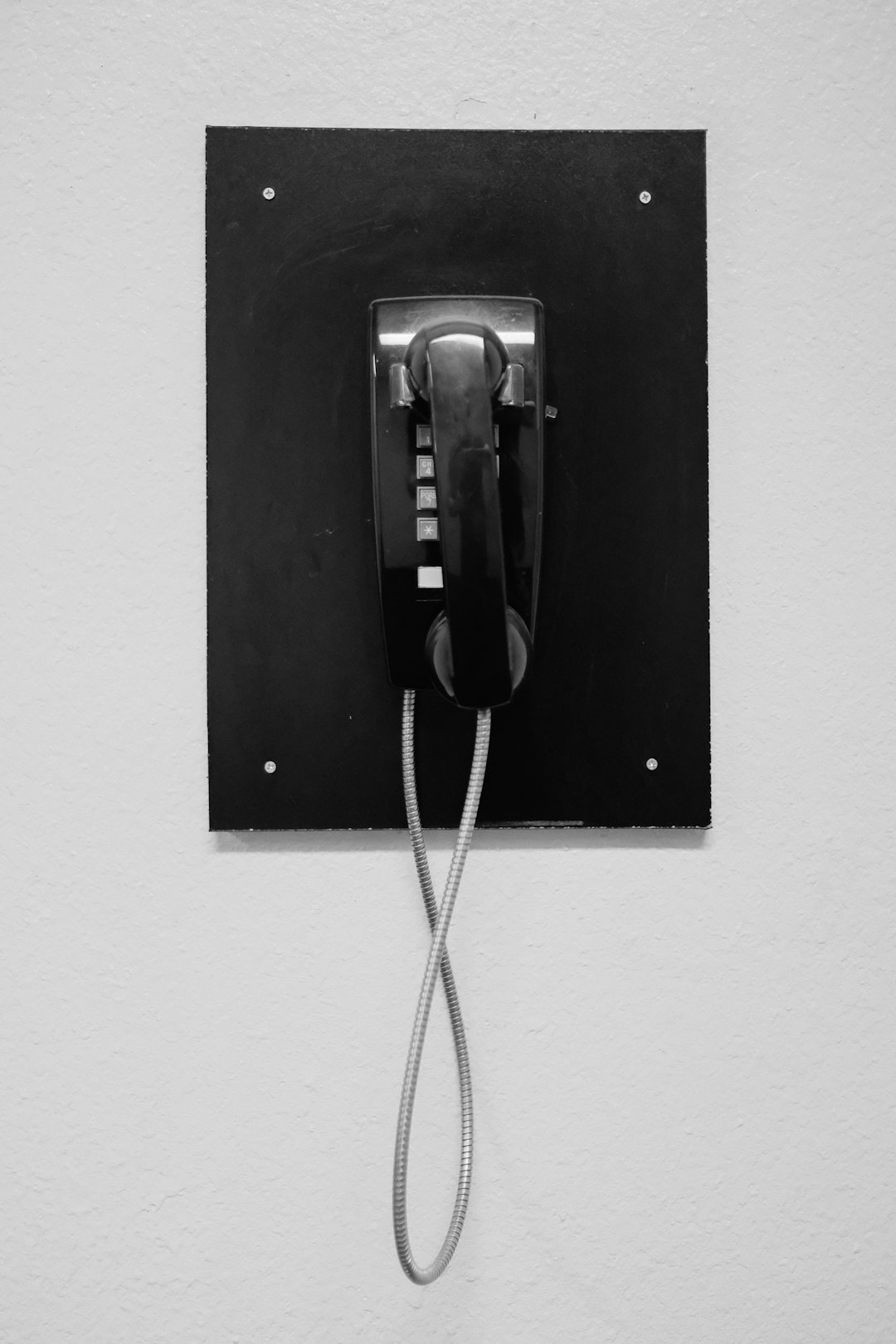In Massachusetts, strict regulations govern autodialers (ATS), mandating prior consent, caller ID disclosure, and opt-out options to protect consumers from nuisance calls. Utility companies using ATS for campaigns must comply with federal and state laws like the Telephone Consumer Protection Act (TCPA). Engaging an experienced autodialer lawyer in Massachusetts is crucial for navigating these complexities, ensuring customer privacy, avoiding legal repercussions, and maintaining positive relationships with consumers. Duxbury utility companies should adopt best practices, including do-not-call lists, opt-out mechanisms, regular database updates, staff training, and adherence to timing restrictions to responsibly leverage autodial technology while staying compliant.
In Massachusetts, utility companies play a crucial role in ensuring reliable service while navigating complex regulations. With the advent of autodialers in communication, providers must understand and comply with specific guidelines. This article guides Duxbury’s utility providers through the intricacies of autodialer regulations in Massachusetts, highlighting legal considerations and compliance strategies to ensure effective and compliant use of autodial technology. For an autodialer lawyer in Massachusetts, this is essential reading.
Understanding Autodialer Regulations in Massachusetts

In Massachusetts, regulations surrounding autodialers, also known as automated dialing systems or ATDS, are strictly enforced to protect consumers from unwanted phone calls. The state’s laws are designed to ensure fair and transparent practices by utility companies and other businesses using autodialing technology. If you’re a provider in Duxbury or anywhere in Massachusetts, it’s crucial to understand these regulations to avoid legal repercussions.
An autodialer lawyer in Massachusetts can guide your business through the intricate rules set forth by the Federal Communications Commission (FCC) and state authorities. These guidelines cover various aspects, including obtaining prior express consent from recipients before making automated calls, ensuring proper disclosure of the caller’s identity, and providing a way for individuals to opt-out of future calls. Adhering to these regulations is not just about compliance; it’s also about fostering good relationships with your customers and avoiding costly lawsuits.
Who Are Utility Companies and Their Role?

Utility companies play a vital role in Massachusetts and across the nation by providing essential services that power our homes, businesses, and communities. These companies include electricity, natural gas, water, and telecommunications providers. Their primary goal is to ensure reliable and efficient delivery of these critical resources to consumers. In the digital age, many utility companies have adopted advanced technologies for customer interaction, including the use of autodialers for automated calling campaigns.
An autodialer lawyer Massachusetts firms often assist in navigating the regulatory landscape surrounding these practices. The use of autodialing technology raises various legal and ethical considerations, particularly regarding consumer privacy, consent, and marketing practices. As such, utility companies must adhere to strict guidelines and regulations when employing autodialers to ensure compliance with state and federal laws, thus protecting the rights of their customers.
Legal Considerations for Duxbury Providers

Duxbury utility companies, like all businesses in Massachusetts, must adhere to strict legal guidelines when employing automated dialing systems or autodialers. These regulations are designed to protect consumer privacy and prevent unwanted calls, ensuring fair business practices. Engaging an experienced autodialer lawyer in Massachusetts is a crucial step for Duxbury providers to navigate this complex landscape.
Such legal experts can guide companies on obtaining necessary permits, understanding do-not-call lists, and implementing best practices to comply with the Telephone Consumer Protection Act (TCPA) and similar state laws. By adhering to these considerations, Duxbury’s utility firms can avoid costly legal repercussions, maintain customer satisfaction, and leverage autodialer technology effectively while remaining compliant.
Compliance Strategies for Effective Autodialer Use

To ensure effective and compliant use of autodialers, utility companies in Duxbury should implement strategic measures that align with regulations set by the Federal Communications Commission (FCC) and state laws. First, engaging the services of an experienced autodialer lawyer Massachusetts can provide valuable guidance on navigating complex legal frameworks. These experts can help draft policies and procedures that safeguard consumer rights while leveraging autodial technology for legitimate business purposes.
Second, implementing robust do-not-call lists and mechanisms for opt-out or unsubscribing is crucial. Utility providers should regularly update their contact databases to respect consumer choices regarding marketing calls. Additionally, training staff on proper call handling practices and ensuring compliance with timing restrictions can significantly reduce potential legal issues. Such strategies not only foster positive customer relationships but also help utility companies avoid penalties associated with autodialer misuse.





